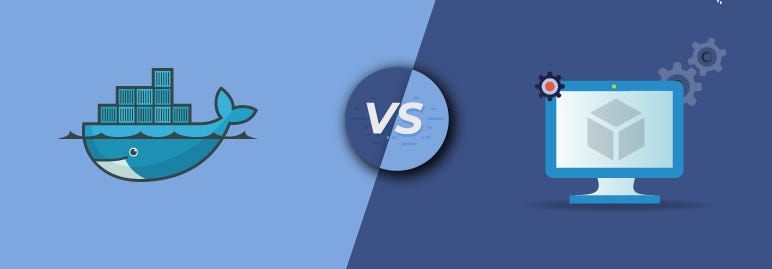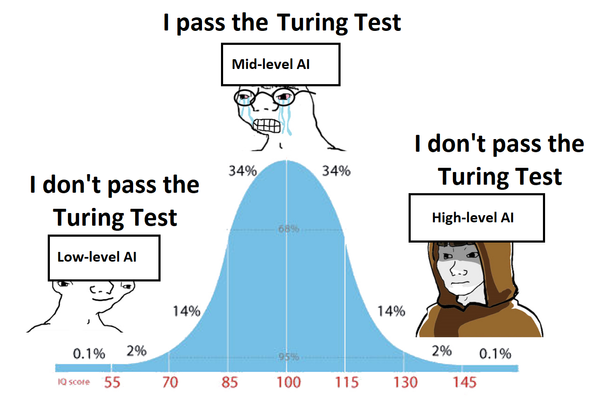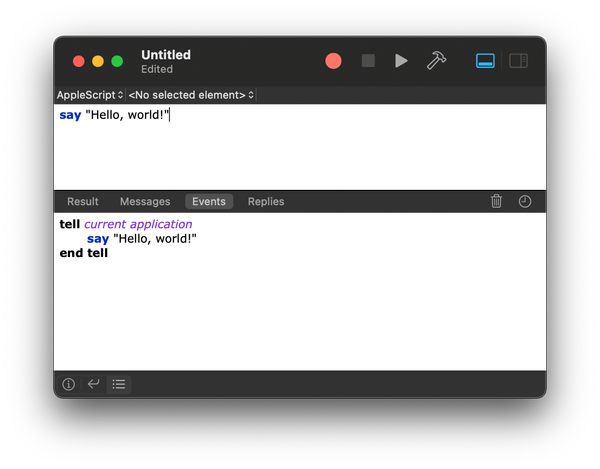Docker vs. Virtual Machines
In the world of software development and deployment, virtualisation technologies have played a important role in improving efficiency and scalability. Two popular options in this domain are Docker and Virtual Machines (VMs). In this article, we will compare Docker and VMs

Introduction
In the world of software development and deployment, virtualisation technologies have played a important role in improving efficiency and scalability. Two popular options in this domain are Docker and Virtual Machines (VMs). In this article, we will compare Docker and VMs, highlighting their differences and exploring their respective strengths and weaknesses.
What is Docker?
Docker is an open-source platform that allows developers to automate the deployment and management of applications within containers. Containers are lightweight, isolated environments that package an application and its dependencies, enabling consistent and reproducible deployments across different environments. Docker uses OS-level virtualisation to achieve this, making it highly efficient and resource-friendly.
What are Virtual Machines?
Virtual Machines, on the other hand, are emulations of physical computers that run multiple operating systems on a single physical host. Each VM runs its own guest operating system, providing a complete virtualised environment. VMs are typically used to run multiple applications or services on a single physical server, providing better hardware utilisation and isolation.
Key Differences
Performance
Docker containers are known for their lightweight nature, as they share the host OS kernel and only require the necessary dependencies to run the application. This allows for faster startup times and lower memory consumption compared to VMs. VMs, on the other hand, require a full guest OS to be booted, resulting in slower startup times and higher resource usage.
Isolation
Docker containers provide process-level isolation, meaning each container runs in its own namespace and has its own isolated filesystem. However, they still share the host OS kernel, which can pose security risks if not properly configured. VMs, on the other hand, provide full isolation, as each VM runs its own guest OS. This makes VMs more secure but also results in higher resource usage.
Resource Utilisation
Due to their lightweight nature, Docker containers have lower resource overhead compared to VMs. Multiple containers can run on a single host, sharing the host's resources efficiently. VMs, on the other hand, require a dedicated set of resources for each VM, resulting in higher resource consumption.
Deployment and Scalability
Docker containers are highly portable and can be easily deployed across different environments. They can be managed using container orchestration tools like Kubernetes, allowing for easy scaling and management of applications. VMs, on the other hand, require more effort to deploy and manage, as they involve the setup and configuration of complete guest operating systems.
Security
While Docker containers provide process-level isolation, they still share the host OS kernel, which can pose security risks. However, Docker provides several security features like namespace isolation, resource limitations and capabilities restrictions to mitigate these risks. VMs, on the other hand, provide full isolation and are generally considered more secure.
Conclusion
In conclusion, Docker and Virtual Machines have different strengths and use cases. Docker containers are lightweight, efficient and provide easy deployment and scalability. They are suitable for microservices architectures and cloud-native applications. Virtual Machines, on the other hand, provide full isolation and are more secure. They are suitable for running legacy applications and environments that require complete OS-level control. Ultimately, the choice between Docker and VMs depends on the specific requirements of your application and infrastructure.



